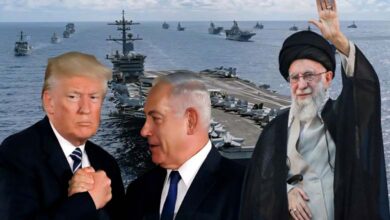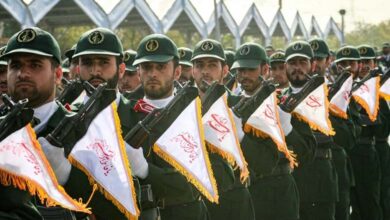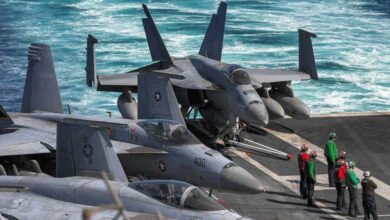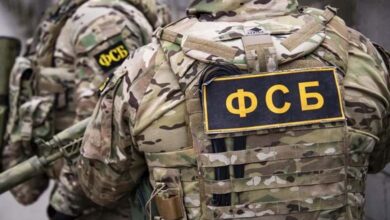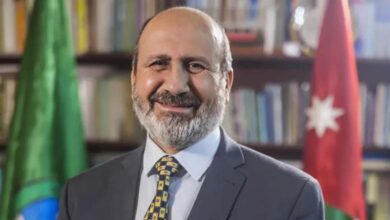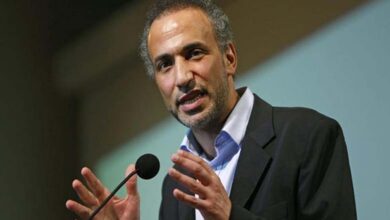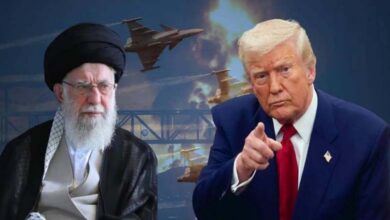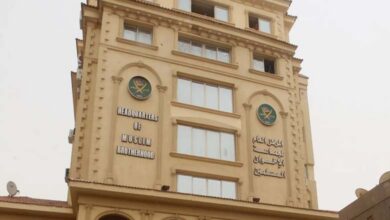American move to dry up Hamas funding sources
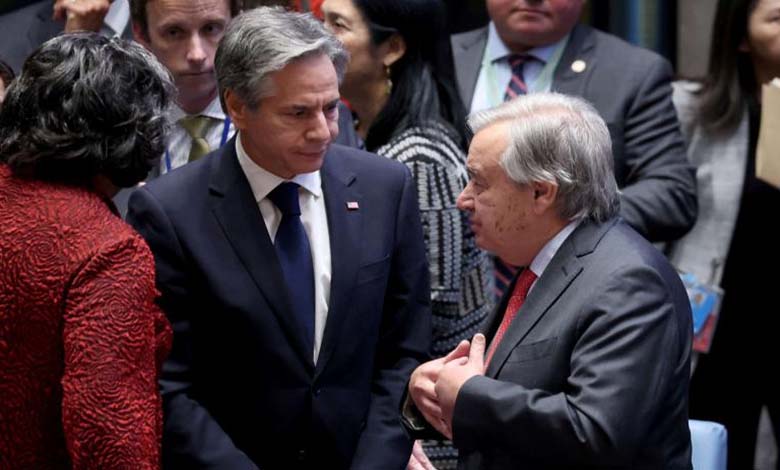
The United States aims to form an “international alliance” to combat the “financial network” of Hamas following a call from French President Emmanuel Macron during his visit to Israel to expand the alliance’s objectives beyond just the financial aspect.
The United States seeks to create an “international alliance” to combat the “financial network” of Hamas.
This initiative comes after a call by French President Emmanuel Macron during his visit to Israel, where he met with Prime Minister Benjamin Netanyahu, to expand the alliance’s goals to combat the Palestinian movement, not limited solely to the financial side.
The U.S. Assistant Secretary of the Treasury, Wally Adeyemo, stated, “I will head to Europe starting from Friday, and I will meet with our allies and partners, and I will discuss what we can do in a coordinated manner to confront the financial network of Hamas.”
He added, “Our goal is to build an alliance with regional countries but also worldwide to combat its funding”.
Adeyemo also mentioned that the United States, over the past few years, has “imposed a number of sanctions on Hamas,” which, “like any other party, has devised means and attempted to find ways to circumvent our sanctions,” including through cryptocurrencies.
Washington has worked to tighten financial sanctions on groups associated with Iran, such as Hezbollah and the Houthis, after designating them as terrorist organizations. However, due to developments in the conflict between Hamas and Israel, the focus will shift to the Palestinian movement.
On Tuesday, Emmanuel Macron proposed that an “international alliance,” not limited to the financial aspect but also on a broader scale, should “combat” the Palestinian Islamic movement.
He praised Israel’s role in fighting terrorism and drew comparisons between Hamas and the Islamic State (ISIS).
According to sources close to the French president, Macron‘s position means the creation of a new alliance or the expansion of the existing alliance since 2014 to combat Hamas. Without commenting on the French president’s statements, Adeyemo emphasized that “the strategy used to confront ISIS and other terrorist groups is the strategy that we must use.”
He stressed that “our goal should be to use all the tools available to us to deprive them of access to these funds in order to make it more difficult for them to continue their activities, which could destabilize the region and the world.”
The U.S. Assistant Secretary of the Treasury also pointed out the necessity of imposing additional economic sanctions and using “some” of “other tools” against Hamas.
Assistant Secretary of the Treasury for Terrorist Financing and Financial Intelligence Brian Nelson visited Qatar on Tuesday, following his visit to Saudi Arabia.
Adeyemo stated that he held “a meeting with officials from Gulf states where they discussed what they can do to focus more on (combating) terrorism.”
Washington’s call to Arab countries to tighten financial restrictions on Hamas will be controversial, as many capitals consider Hamas a resistance movement against Israeli occupation.
Qatar has significant ties with Hamas, with several of the movement’s leaders, including the head of the political bureau, Ismail Haniyeh, residing there. Additionally, some of the movement’s leaders are based in Turkey, making both countries more involved in Washington’s efforts.


